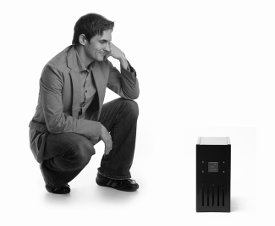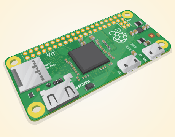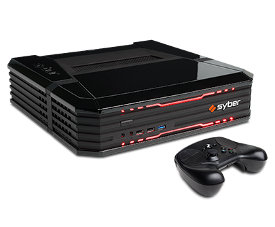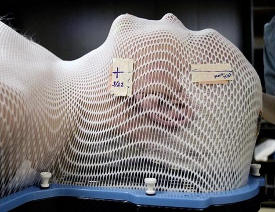These are the ten most read articles on FOSS Force for the month of November, 2015.
1. The Devil & BSD: Leaving Linux Behind by Larry Cafiero. Published November 23, 2015. Mr. Cafiero takes a stand and makes a statement by wiping Linux from his go-to laptop in favor of PC-BSD.
2. System Requirements: When Is ‘Enough’ Enough? by Ken Starks. Published November 10, 2015. Do you have a computer that still runs great, but you can’t install anything on it because it doesn’t meet modern “system requirements”? Well, our Mr. Starks says that enough might be enough.

 The popular website
The popular website 
 The Thanksgiving holiday really put a damper on FOSS developments this week — but that doesn’t mean there’s nothing to report. On the contrary. So without further adieu, and on the heels of Thanksgiving, help yourself to another slice of…
The Thanksgiving holiday really put a damper on FOSS developments this week — but that doesn’t mean there’s nothing to report. On the contrary. So without further adieu, and on the heels of Thanksgiving, help yourself to another slice of…


 I don’t remember much. Diane, my youngest daughter Amanda, my ex-wife and others were at my bedside. I was heavily sedated and could barely speak. It was a carousel of faces and nurses, all in their own way, trying to bring me comfort. However, my life partner Diane wasn’t having any of the take-me-home-and-make-me-comfortable thing. She would have none of that. She demanded that an oncologist see me.
I don’t remember much. Diane, my youngest daughter Amanda, my ex-wife and others were at my bedside. I was heavily sedated and could barely speak. It was a carousel of faces and nurses, all in their own way, trying to bring me comfort. However, my life partner Diane wasn’t having any of the take-me-home-and-make-me-comfortable thing. She would have none of that. She demanded that an oncologist see me.
 Really, folks, I get it: Linus Torvalds is a great and historic man, one who changed the world for the better by developing a kernel that put a huge fast-forward on technology for all, on a far-more-level playing field than it could have been with the Linux kernel’s absence.
Really, folks, I get it: Linus Torvalds is a great and historic man, one who changed the world for the better by developing a kernel that put a huge fast-forward on technology for all, on a far-more-level playing field than it could have been with the Linux kernel’s absence.  Members of the popular
Members of the popular 